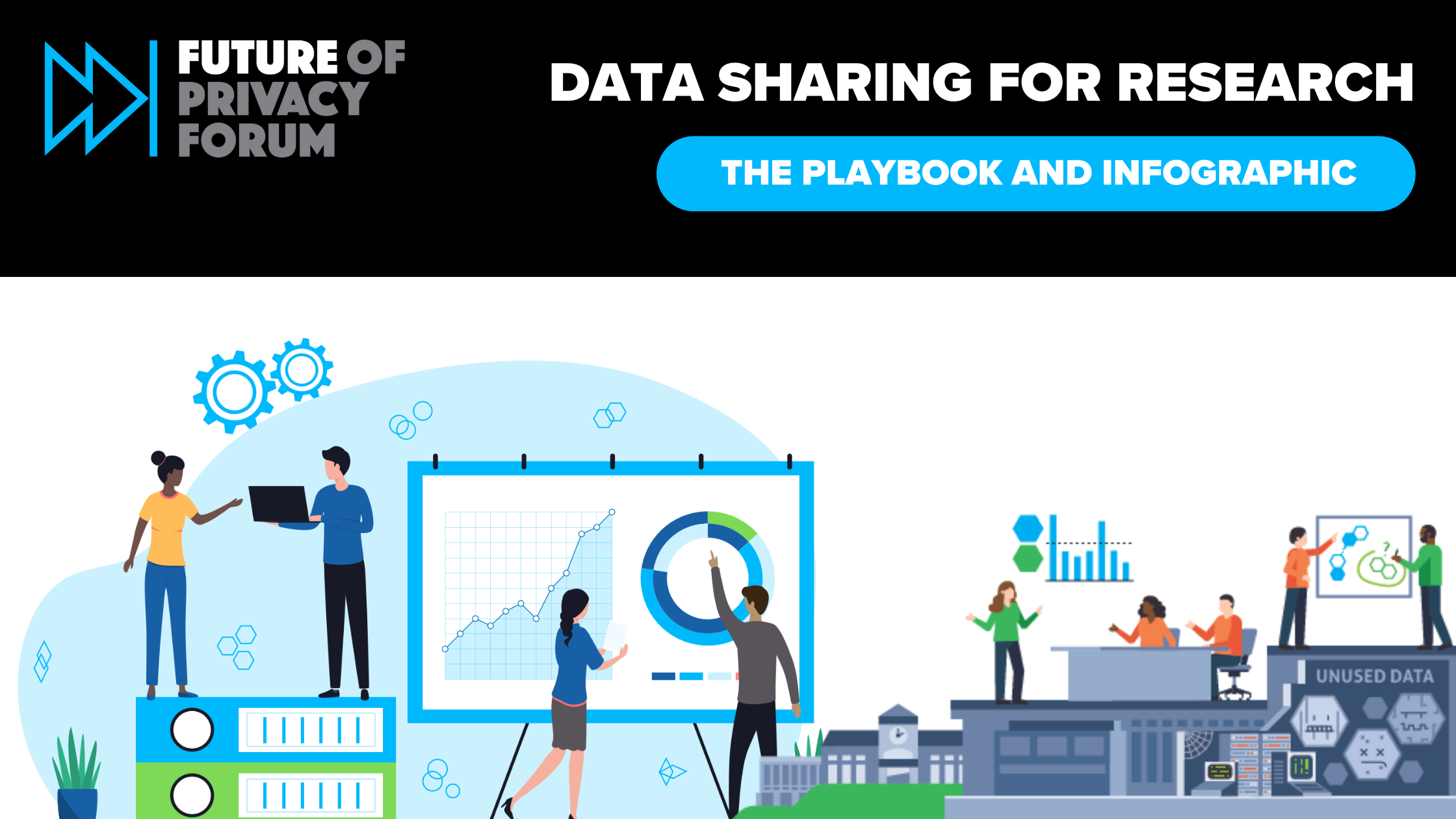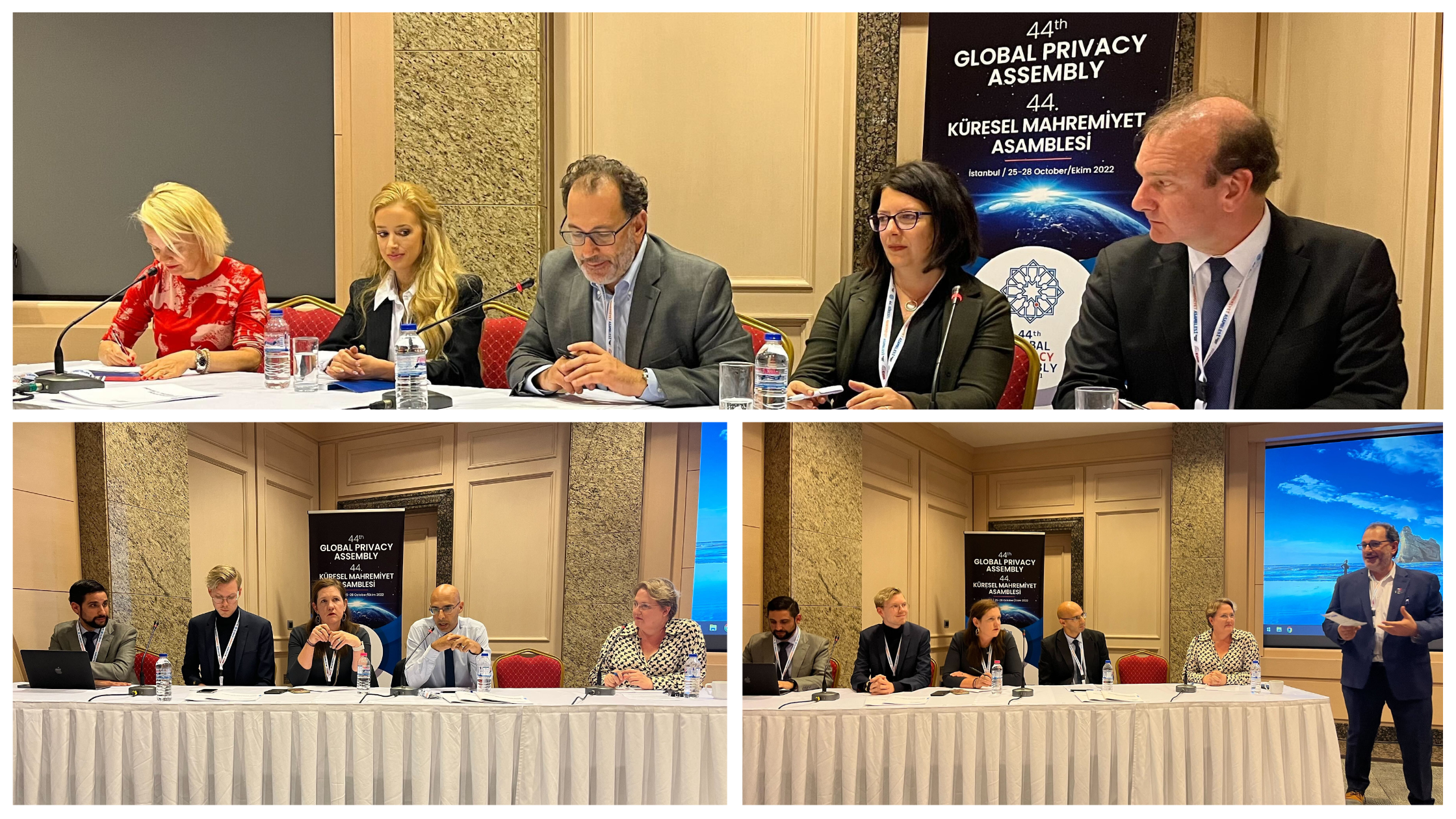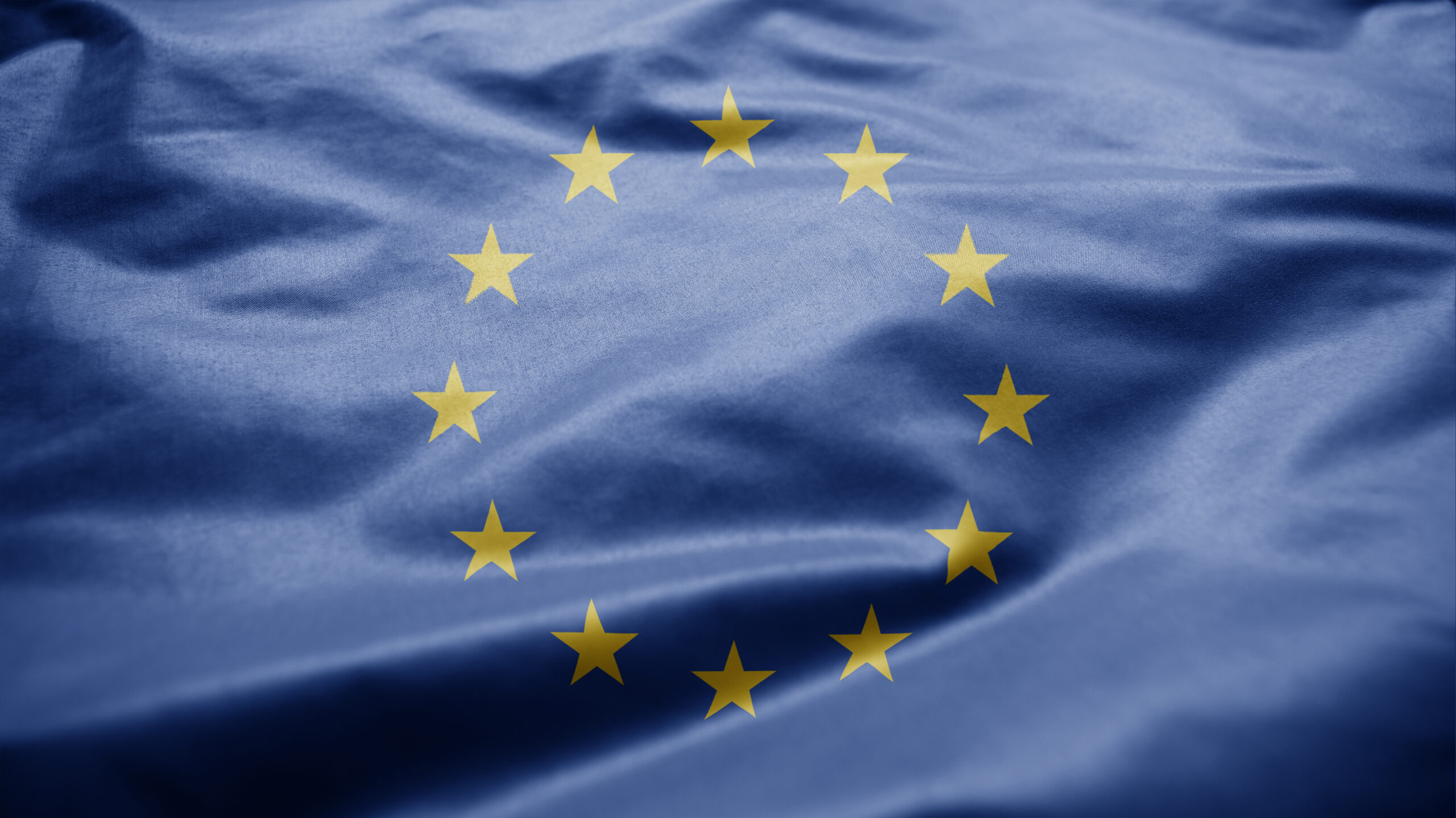
FPF Releases “The Playbook: Data Sharing for Research” Report and Infographic
Today, the Future of Privacy Forum (FPF) published “The Playbook: Data Sharing for Research,” a report on best practices for instituting research data-sharing programs between corporations and research institutions. FPF also developed a summary of recommendations from the full report. Facilitating data sharing for research purposes between corporate data holders and academia can unlock new scientific […]

Five Big Questions (and Zero Predictions) for the U.S. State Privacy Landscape in 2023
Entering 2023, the United States remains one of the only global economic powers that lacks a comprehensive, national framework governing the collection and use of consumer data throughout the economy. Congress made unprecedented progress toward enacting baseline privacy legislation in 2022. However, the apparent impasse in the efforts to move H.R. 8152, the American Data […]

Protected: 14th Annual Advisory Board Meeting 2023
There is no excerpt because this is a protected post.

FPF Roundtable on Privacy-Preserving Machine Learning
The state of the art in Privacy-Preserving Machine Learning (PPML) is promising from a technical perspective but under-explored if we view it through the lens of legal instruments such as the EU AI Act and the EU Data Act. In this roundtable, we aim to contribute to clearing the path to alternative solutions for processing (personal) data […]

Understanding Extended Reality Technology & Data Flows: Privacy and Data Protection Risks and Mitigation Strategies
This post is the second in a two-part series. Click here for FPF’s XR infographic. The first post in this series focuses on the key functions that XR devices may feature, and analyzes the kinds of sensors, data types, data processing, and transfers to other parties that power these functions. I. Introduction Today’s virtual (VR), […]

Brussels Privacy Convening Focuses on Empowering Vulnerable and Marginalized People, Launches New Project
The Future of Privacy Forum (FPF), a global non-profit focused on data protection and privacy, and the Brussels Privacy Hub of Vrije Universiteit Brussel (VUB) will jointly present the sixth edition of the Brussels Privacy Symposium on November 15, 2022. The in-person event will convene in Brussels, bringing together policymakers, academic researchers, civil society, and […]

Event Report: FPF Side Event and Workshop on Privacy Enhancing Technologies (PETs) at the 2022 Global Privacy Assembly (GPA)
The 2022 Global Privacy Assembly (GPA) – which brings together most global data protection authorities (DPAs) every year since 1979, to share knowledge and establish common priorities among regulators – took place between October 25 and 28, in Istanbul (Türkiye). The Future of Privacy Forum (FPF) was invited by the organizers of the GPA (the […]

GDPR and the AI Act interplay: Lessons from FPF’s ADM Case-Law Report
In May 2022, the Future of Privacy Forum (FPF) launched a comprehensive Report analyzing case-law under the General Data Protection Regulation (GDPR) applied to real-life cases involving Automated Decision-Making (ADM). Our research highlighted that the GDPR’s protections for individuals against forms of ADM and profiling go significantly beyond Article 22 – which provides for the […]

FPF Roundtable on Privacy-Preserving Machine Learning – 8 December 2022
Please register to attend the Roundtable on Privacy-Preserving Machine Learning on 8 December 2022 from 15:00 PM – 17:00 PM CET. The event will be hosted at the Microsoft Center, Rue Montoyer 51, Brussels 1000, Bruxelles, followed by a reception. We will do our best to accommodate as many in-person guests as possible, but please note […]

Understanding Extended Reality Technology & Data Flows: XR Functions
This post is the first in a two-part series on extended reality (XR) technology, providing an overview of the technology and associated privacy and data protection risks. Click here for FPF’s infographic, “Understanding Extended Reality Technology & Data Flows.” I. Introduction Today’s virtual (VR), mixed (MR), and augmented (AR) reality environments, collectively known as extended […]
